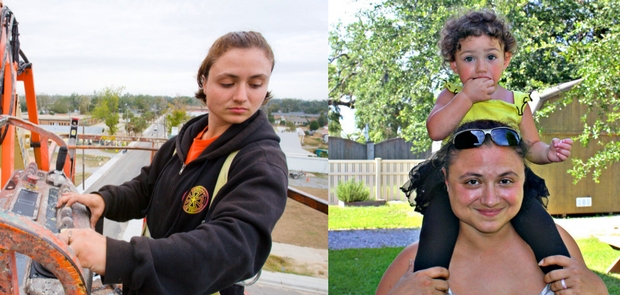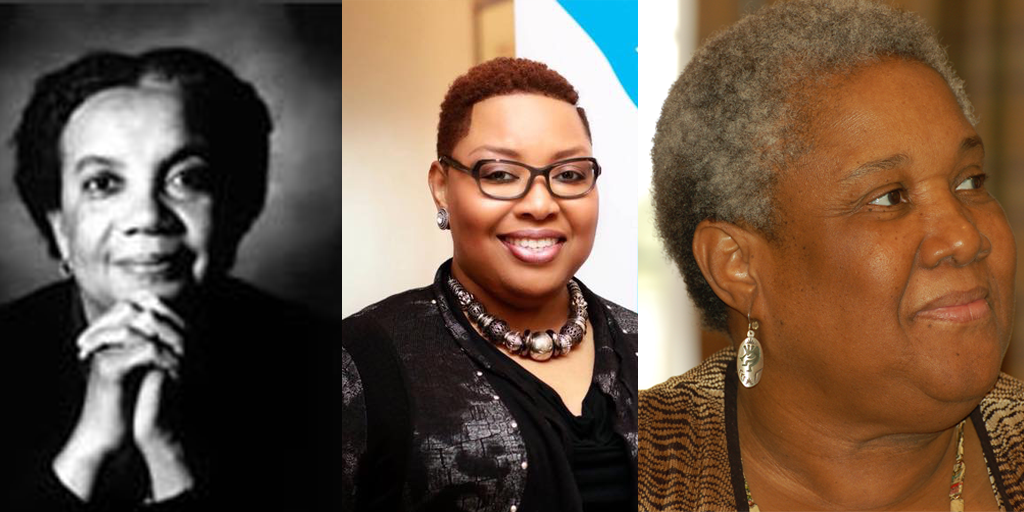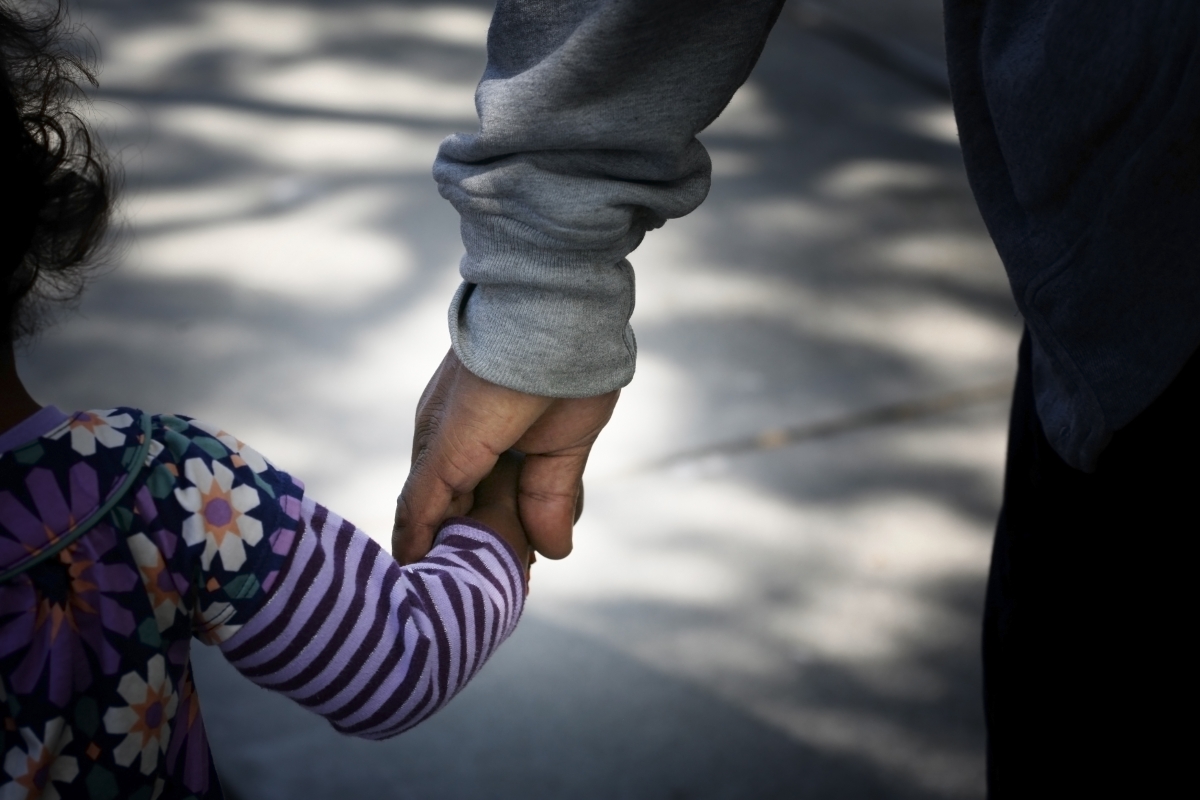Abortion rights, women of color, and LGBTQIA+ people are under attack. Pledge to join us in fighting for gender justice.
Stress, Strain and Support: On the Front Lines of Child Care in the United States
Imagine a single mother waking up before dawn, juggling her children and rushing off to work, or a dual-income family navigating shifts to ensure one parent is always available for child care. These are not isolated stories, but rather, reflections of a broader reality that millions of families face on a daily basis—one that our lawmakers need to acknowledge and support. Parents across our country face challenges navigating parenthood, which is compounded by a lack of accessible and affordable child care.
Parenthood without reliable child care can be overwhelming. Many parents find themselves constantly balancing work responsibilities, household chores, and the ever-present needs of their children. The struggle to find and afford child care exacerbates these challenges, leading to stress, fatigue, and a constant sense of uncertainty.
Neaka Robinson, a mother and our Sparking Change storyteller from South Carolina, shared her experience of finding child care through her neighbors and community:
“Being able to work, play, and simply relax as a single parent hasn’t always been as easy as it feels now. I used to worry endlessly about where my kids would go and who could care for them when I wasn’t around. The thought of burdening family or friends weighed heavily on my mind—would they judge me? Would they think I can’t handle it on my own? Those feelings of pride and shame often clashed within me. But I had to work. I had to provide for my children.
After a heartfelt conversation with myself, I did something I dreaded—I asked for help from neighbors, a co-worker, or someone at the park who had knowledge and connections. I put my pride aside because, with proper child care, I could focus on my work and self-improvement.”
Even though mothers have always found a way to make things work for their families, we must do better. Have we considered the immense responsibilities mothers bear in providing care? And at what cost? Makeshift solutions and the goodwill of others aren’t enough. We need long-term public funding that ensures that all parents have access to reliable and affordable child care, freeing them from the constant stress of uncertainty.
On the other hand, the reality for early educators is just as challenging. Despite playing a crucial role in nurturing young minds and supporting families, they face their own set of daunting obstacles. Often underpaid and overworked, these professionals exhibit unwavering dedication despite limited resources and recognition.
Patty Alma Ortiz, a child care provider, mother, and our storyteller from New Mexico, shared her perspective:
“As an owner and teacher at a home child care center, I understand the vital role these spaces play in our community. Beyond just babysitting, we provide a safe haven where children learn through play, develop language skills, and build essential social behaviors. Our structured environment prepares them for the rigors of formal education, fostering routines that are crucial for their development.
However, running a child care center isn’t without its challenges. Limited resources and financial constraints make it difficult to provide the quality of care we aspire to. Yet, our dedication remains unwavering. We ensure that every child in our care is safe, nurtured, and given the opportunity to thrive.”
Accessible and affordable child care is an urgent necessity. In March 2021, the American Rescue Plan Act (ARPA) allocated funds for child care, including $24 billion for stabilization grants and $15 billion in flexible child care funding for states to use for the greatest needs. This supplemental funding was used to ease the financial burden on families, create child care options in underserved areas, and offer health insurance and professional development benefits to early educators. However, the stabilization grants expired last year hurting families, early educators, and child care providers, who in some cases, have had to raise prices or close their doors entirely due to a lack of funding. This crisis is expected to worsen once the last of the emergency funding expires on September 30 of this year. We need the political will to ensure that all families and early educators can thrive. For mothers like Neaka and child care providers like Patty Alma, it’s urgent and long overdue for Congress to pass emergency funding to fill gaps left by the expired ARPA dollars, and make robust, long-term federal investments in child care.





